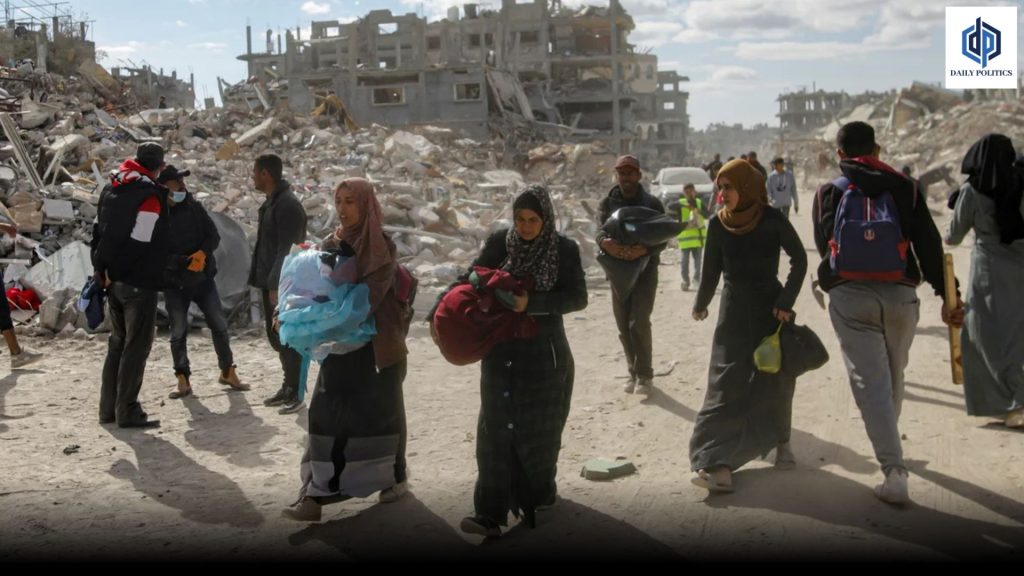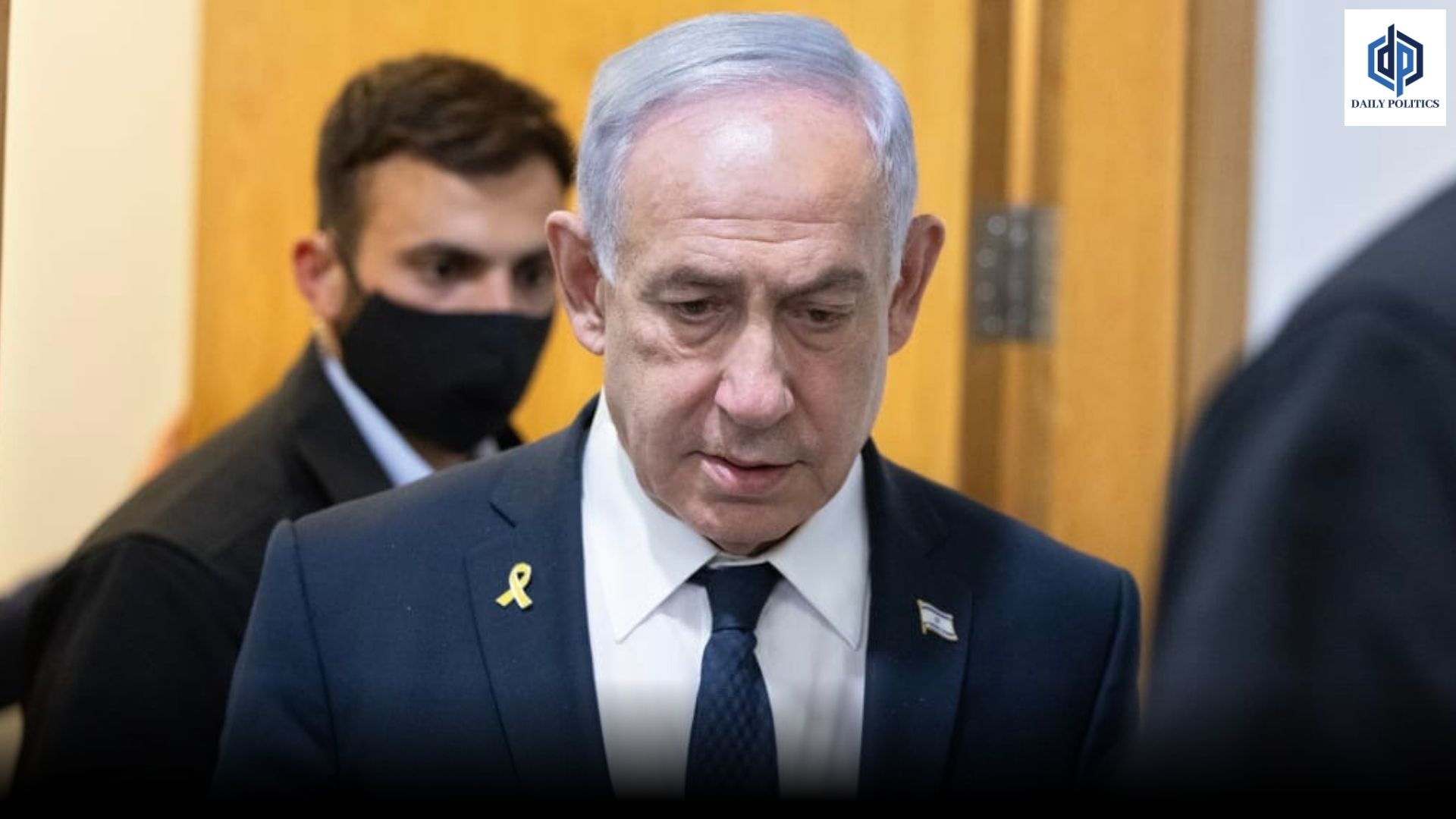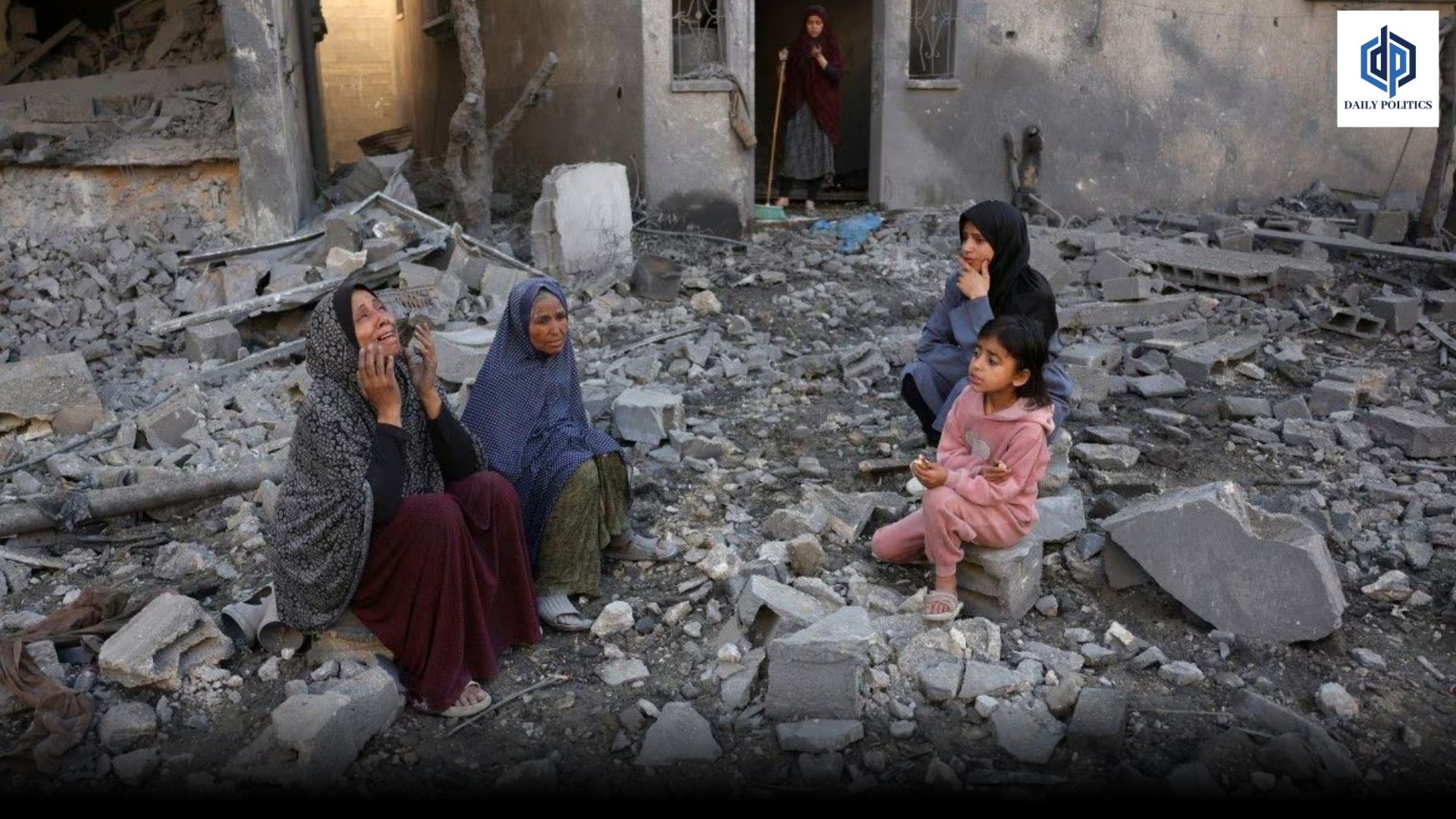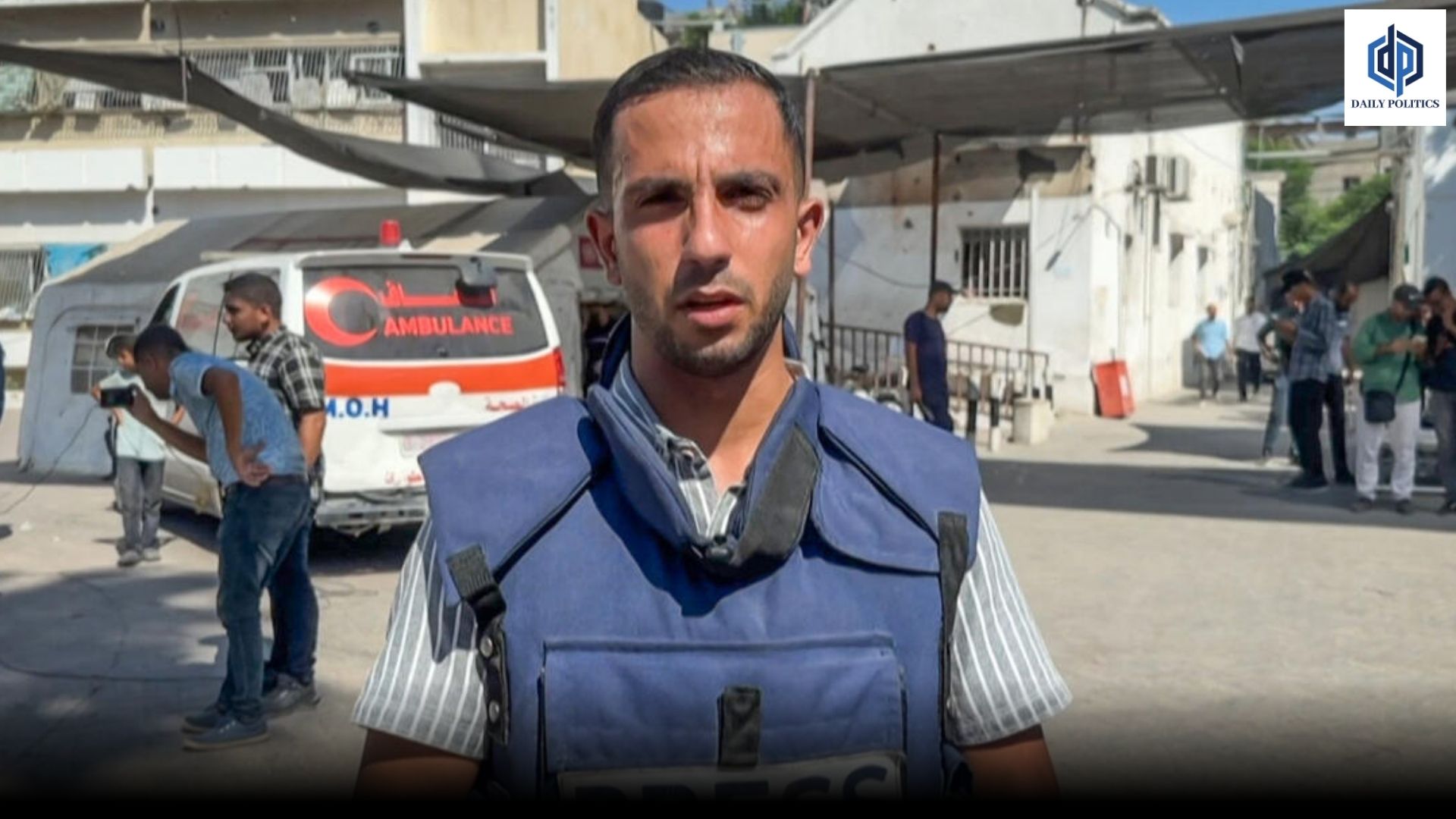Residents of Gaza have expressed a cautious optimism regarding reports of a temporary humanitarian pause aimed at facilitating aid into the besieged enclave. However, many emphasise that this relief effort should mark the start of a more comprehensive and enduring resolution to the escalating crisis.
In a significant development, Israel’s military announced plans to establish humanitarian corridors aimed at facilitating the entry of food and medicine, following urgent warnings of starvation and mounting international pressure over the ongoing crisis.
For months, the population of Gaza, exceeding two million, has endured severe shortages of food, clean water, and essential medical supplies, as ongoing bombardments and border closures have paralysed daily life.
“I do feel a glimmer of hope, but I am also concerned that starvation will persist once the pause ends,” stated Rasha Al-Sheikh Khalil, a 39-year-old mother of four residing in Gaza City.
She stated, “One convoy of aid or a few air drop packages will not suffice.” A genuine solution is imperative; we must put an end to this nightmare and bring the war to a close.
On Sunday, Israel announced that it had conducted an airdrop of aid into Gaza, delivering “seven packages of aid containing flour, sugar, and canned food.”
Jordan and the UAE have announced a plan, supported by the UK, to deliver aid into the territory. However, aid agencies have expressed scepticism, stating that such efforts would have minimal impact on alleviating the hunger faced by Gazans.
“This issue transcends mere quantity; it fundamentally concerns the quality of food,” stated Neveen Saleh, a mother of six.
“In the past four months, we have not consumed any fresh fruits or vegetables.” The absence of chicken, meat, and eggs is notable. The inventory consists solely of canned foods, many of which are past their expiration dates, along with flour.
The health ministry, operated by Hamas, reported that a significant number of individuals are succumbing to malnutrition. On Sunday, the reported death toll from malnutrition since the onset of the conflict reached 133, with most fatalities occurring in recent weeks.
Israel has refuted allegations of what it describes as “the false claim of deliberate starvation” in Gaza.
Medical experts in Gaza report that malnutrition is increasingly prevalent, particularly affecting children and individuals with specific dietary requirements.
Individuals with gluten intolerance represent one of the most impacted demographics, as they cannot consume wheat-based products such as bread, which currently dominate the food supply.
Rami Taha, a resident of central Gaza, revealed that both his wife and one of their five children are affected by coeliac disease.
Before the war began, I had been regularly purchasing gluten-free products. At this moment, anything is absent. The necessity of transporting them to the hospital every few days for IV fluids has become a routine obligation.
On Sunday, reports emerged indicating that aid lorries had begun entering the strip. The United Nations, alongside various aid organisations, has issued a call for the unrestricted entry and delivery of humanitarian assistance.
Residents of Gaza are on edge as they anticipate the arrival of food aid trucks.
Numerous vacant vehicles were observed travelling in convoys towards Zikim in northern Gaza, Kissufim in central Gaza, and the Kerem Shalom crossing in the southeastern part of the strip.
In the interim, local markets experienced a surge in activity as merchants hurried to offload food supplies they had been stockpiling.
Prices remain exceptionally high, yet there has been a notable decrease in recent days. A kilogramme of flour now costs $15 (£11.16), a significant drop from $85 (£63.26) just four days prior.
A significant number of residents in Gaza express concern that global focus may diminish following the completion of a few symbolic aid deliveries.
“This approach is not a long-term fix; it resembles administering painkillers to a cancer patient without addressing the underlying issue,” remarked Ahmad Taha, a shopkeeper in northern Gaza.
As attempts to reinstate a wider ceasefire appear to be stumbling, the residents of Gaza find themselves caught in a precarious balance between hope and despair—grateful for any assistance, yet longing for enduring peace.
In a significant escalation of conflict, Israel initiated military operations in Gaza following a Hamas-led assault on southern Israel on October 7, 2023. This attack resulted in approximately 1,200 fatalities and the abduction of 251 individuals.
According to the health ministry operated by Hamas, the death toll in Gaza has surpassed 59,000 since that time.













